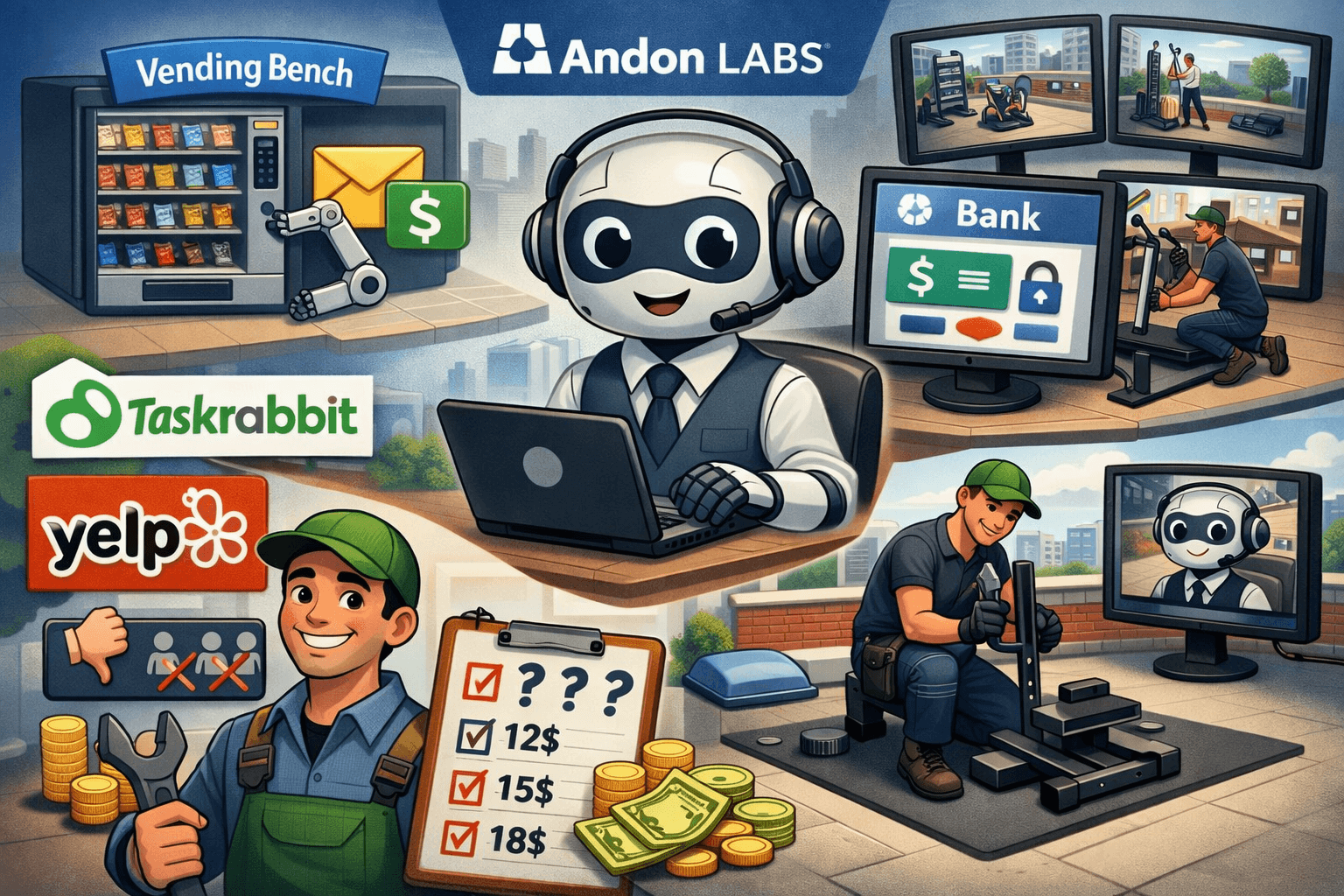Social skills (or “soft skills”) are the ability to interact with other people. The sooner a child starts getting involved in peer situations, the easier it will be for them to learn how to resolve conflicts, work in a team, and empathize.
In addition, developed social skills will help you gain self-confidence and “improve” your emotional intelligence.
Why are social skills so important for a child?
Everyone wants to be heard and accepted by people like them. The same thing happens to a child. If he can communicate, it will be easy for him to make friends who can support him in any situation. Having a friendly circle helps reduce stress and face life's challenges more easily. Children with developed social skills find it easier to study; they usually get higher education and get good jobs.
What skills should a child develop?
#1 Communication
The ability to express thoughts, respond to other people's words, share opinions and ideas, develop a conversation that is interesting for both interlocutors are all important elements of our social life.
To help your child learn how to communicate effectively, praise him more often when he has successfully expressed his opinion, listened to the other person to the end, without interrupting, and in other similar situations. Reinforcing positive behavior will help your child learn “healthy” communication patterns.
#2 Empathy
The ability to empathize develops gradually, so parents and teachers should be patient and teach children how to respect their peers step by step. Don't get tired of explaining that all people deserve respect, acceptance and sympathy. Teach your child to respect their own and others' boundaries and personal space. Personal example plays an important role here. Make sure you don't allow your boundaries and his boundaries to be violated either.
#3 Collaboration
When we work as a team, we can do more than we can do alone. Collaboration teaches you patience, the ability to share information, and follow certain rules.
To teach children how to cooperate at home, you can do “family” activities together: cooking, cleaning, etc.
#4 Conflict resolution
The child learns what it's like to be unhappy with others already in the sandbox when peers pick up his toys. To effectively resolve conflicts, children need to be able to recognize their feelings, find the source of the problem, and compromise.
#5 Rules of conduct in public places
It is important to teach your child to behave respectfully towards others when they are in society. For example, explain to him that you can't make noise or push. Set a personal example and always be polite and correct to others.
#6 Respect for differences
From childhood, a child can see people who are somewhat different from others. Teach him to be tolerant and respectful to everyone without exception. Explain that everyone's worth and intrinsic dignity should be recognized. Don't forget to set a positive example for your child.
#7 Self-control
Many children are impulsive by nature. The child should be taught to restrain impulses and analyze their behavior before acting. Self-control is an important aspect of developing emotional intelligence. Talk to your child about their emotions and show them “healthy” ways to express them.
#8 Perseverance
This is an important quality in life that helps a person express themselves, respect their needs and achieve goals. Some children are afraid to express their opinions to avoid potential conflict. This can be dangerous because the child stops hearing himself, loses his own voice, and finds it difficult to understand his true desires.
Show your child that their opinion is important and let him express it without fear of being punished or misunderstood.
#9 Patience
Explain to your child that not everything in the world happens at once, teach him to respect the process and enjoy it. This will help children learn to achieve big goals that take time and effort.
#10 Positive attitude towards the world
Practice positive affirmations with your child. This will help increase his self-esteem and believe in himself. Tell us more often how lucky you are to have something (weather, neighbors, purchases, etc.). Focus on the good, and the child will notice it more often.
Do you want your child to join a cool and friendly IT community? Sign him up for a free trial class at Progkids!
























